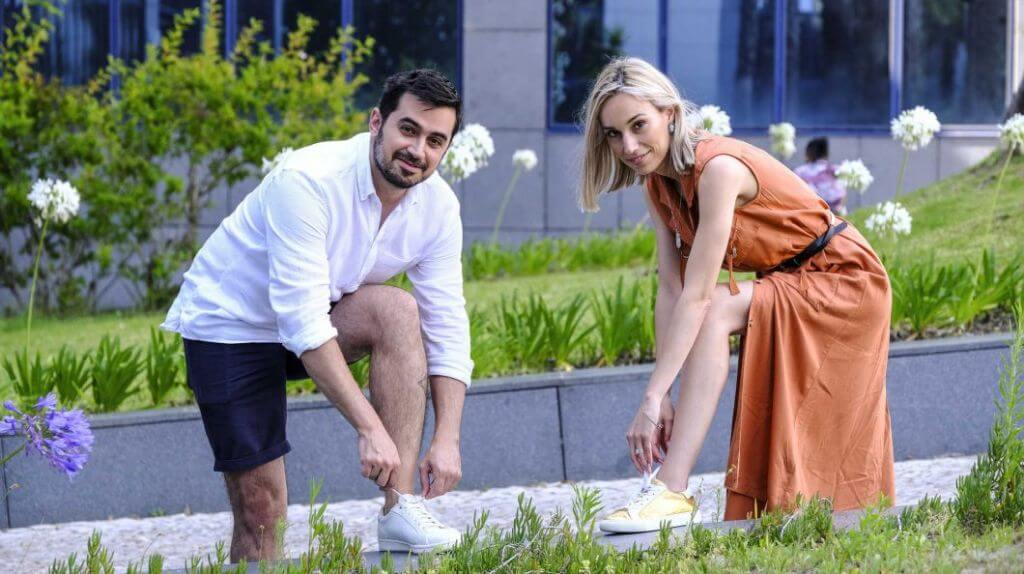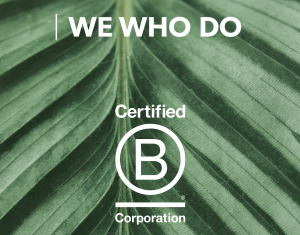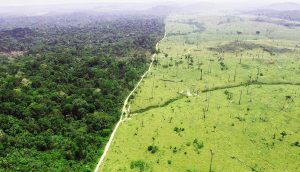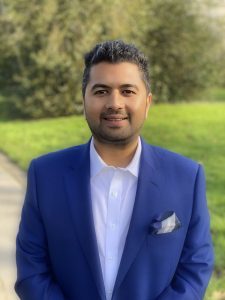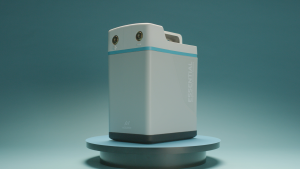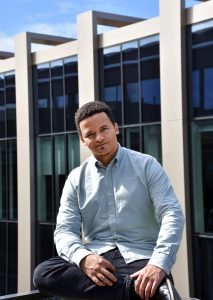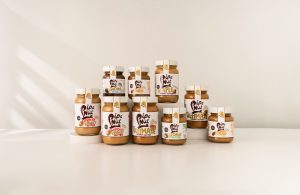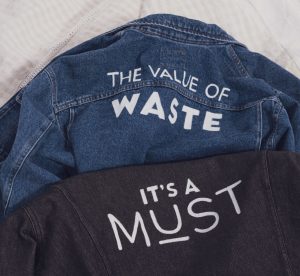WeWhoDo sat down with Andre Facote and Andreia Coutinho to talk about Skizo, a growing sneaker brand with an impact-driven approach. With each pair of sneakers being an equivalent of 36 bottles collected from the ocean, this exciting new startup is carving the way for truly sustainable products.
Where did the idea for iRcycle come from?
Andre: With neither of us coming from sustainability backgrounds, our journey started from a personal rather than professional point of view. In 2018, we were walking on the beach with our two year-old son, and he, like any other child his age, began to put sand in his mouth. We were both shocked when we realised he had broken plastic in his mouth too, and the shore was littered with waste. It was at this moment we decided this was not the legacy we wanted to leave to the next generation and something needed to be done. Currently, there are 150 million tons of plastic in the ocean and it is estimated that every minute the equivalent of a garbage truck is discharged into the sea. But our view is that whilst humans might be the problem, we are also the solution.

Andreia: So, after a lot of research, we’ve created a brand of sneakers, made of plastic collected from the ocean. This plastic is then transformed into a textile yarn, made by Portuguese artisans, and customized by the client. We know we won’t be able to stop climate change or clean the planet by ourselves, but we are making some positive steps for change in the world. And this is what drives us forward to grow.
What makes you different from other sustainable brands?

Andre: What makes us different is that our core mission is about selling an impact rather than just a product. For us, impact comes first. We use quality professionals and artisans to create our products and we hope that our customers will choose us on the basis of the good their purchase is bringing to the world.
We are lucky that textile technology enables us to upcycle the plastic collected from the Ocean into new yarn. We then use this to produce high quality and truly sustainable products. We’ve teamed up with a great team of fishermen from across the globe to help with this momentous task of eliminating waste from the Ocean. Indeed, we collect plastic from the Mediterranean sea, the Atlantic Ocean and the Java sea to obtain PET (polyethyleneterephthalate) chips and pellets, which we then use to create yarn and fabric for our products. So unlike some ‘sustainable’ brands, all of our products are actually made from plastic from the ocean.
But, aside from our flagship sneakers, we also sell bags and face masks. We’re proud of our ability to adapt and diversify where needed and this has been especially highlighted during the coronavirus pandemic.
Where do you see the company in 5 years time?
Andreia: We don’t just want to sell our products. We have a mission. We want to leave our planet in a better place for the next generations. So for us, it is not just that our products are being made, but we think the messages that they are sending to society are also crucial. Even with our sneakers, we ensure that the production lines have a positive impact on society. For example, all our sneakers are handmade in Portugal by generational shoemakers and our bags are handmade in Portugal by an Association for people with mental disabilities. We hope to continue these initiatives and not lose sight of these values, even as we continue to grow.
We’re excited for the future and taking Skizo more global. We recently won the Best Startup at the HYPE Sports Innovation and will be representing Portugal at the Global Final of the Climate LaunchPad Awards. This is a big moment for us and we are excited to see how we can grow and start making an impact across the world.


